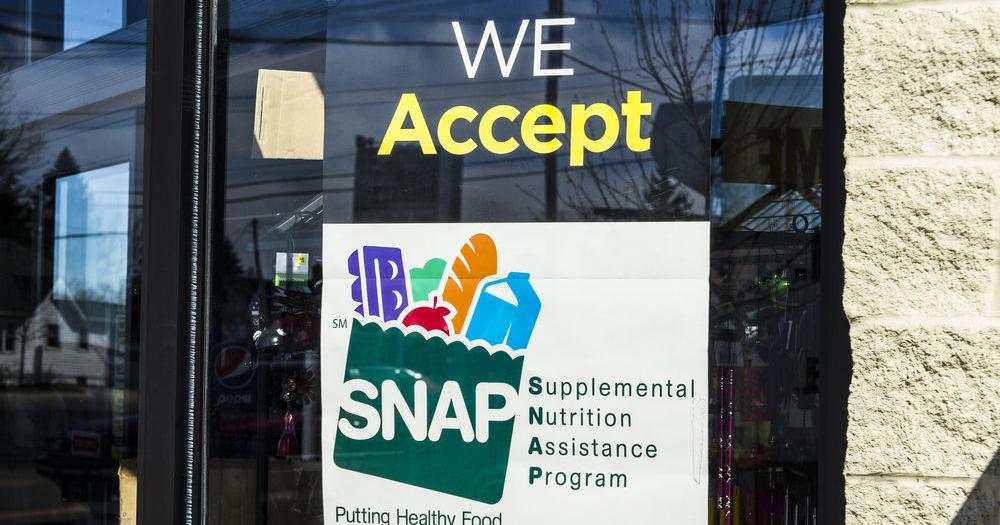The cost of living and housing inflation is across the board, I suspect there is only so much the military can do to ease that pain for their members. Even with my pension, side work and my wife working, we are cutting back. Haven't bought Steak in almost a year, hell even stewing beef is $22 a kilogram. I know my cousin that raises cattle, does not see any benefit in the price on the hoof.
Trying to predict the future when it comes to economic performance and the markets with any certainty is basically impossible. We can make educated guesses but unforeseen events like wars, natural disasters, political upheavals, pandemics, etc can upend even the best made plans.
That being said, there are a few principles people can apply that can help people de with a lot of the negative effects of inflation + cost of living increases:
1. Avoid unnecessary debt
2. Always ensure positive cashflow
3. Diversification of assets
Your last part is true.
I think we are seeing financial illiteracy exasperating already precarious situations.
.
Financial illiteracy is everywhere, changing this though is basically impossible. 90% of the general population lack the discipline to do so and will never have it.
99% of people make financial decisions based on emotion. It's a feature of our system.
That is a problem in all sectors, very few kids get any education in how to manage money, either from their parents or the schools.
Most of the parents also know nothing about money. A large number of people seem to not understand how Interest or debt works, even rudimentarily. They also don't understand how assets appreciate or depreciate in value over time.
I work with a bunch of people, all of whom are making $100k+ a year. They all drive big trucks, have a bunch of toys, etc. The company runs an Employee Ownership Program where you contribute 6% of your paycheque towards shares in the company and they will give you .33 cents for every $1 you contribute. It's literally free money.
I would say less than 25% of the people I work with actually contribute to this plan. When you start doing some number crunching, the numbers they are leaving off the table and the compound interest gains is astronomical.
Financial institutions aren't helping either. I get an email every month telling me my PC Financial card has been approved for a higher limit, so every month I go into the app and turn it down.
Banks are throwing around loans like there's no tomorrow, which is going to lead to serious problems if interest rates keep climbing.
Banks generally classify customers/clients into 4 different categories:
1. People who will not make their payments and will end up in a consumer proposal/bankruptcy situation:
Banks try as best as possible to avoid lending to these people and have lots of tools at their disposal to identify who they are.
2. People who will only ever make their minimum payments and will be in a revolving credit situation their entire life:
Banks love these people because they make the most money off them. They will be in debt for their entire life and when they die, the banks will get a cut of their Estate. These people are the primary targets for Banking services.
3. People who always make their payments on time:
Banks will lend to these people no problem but they don't really care about them as much because they don't actually make much money off them.
4. People who not only make their payments on time but also game the system:
Banks hate these people, they take advantage of every promotion the bank offers (taking free money on offer). Have multiple credit cards which they frequently switch and cancel. They count the points they earn and keep detailed records of everything they do. These people make money off the Bank and offer nothing in return. The banks hate dealing with them.
The banks generally know which category a person falls into and targets them accordingly. This is all backed up by increasingly sophisticated AI and Data Analytics.
As for loans and the current predicament WRT housing. When interest rates were at their lowest, the banks were using 5.35% as their stress test for whether a person qualified for the mortgage or not.
We are approaching that number and will more than likely cross it; however, the banks won't be in trouble from this for one big reason:
CMHC rules
The vast majority of people put the minimum down payment down when they buy a house and as such, they require CMHC Insurance which is underwritten by the Federal Government.
In order to opt out of CMHC, you need a minimum of 20% downpayment which most people can't afford. Interest rates for a CMHC Insured Mortgage are generally lower than a Mortgage with a higher downpayment because there is actually less risk to the Bank.
The Federal Government is going to be the one footing the bill for these foreclosures and the Banks are going to be completely off the hook






